Just over a couple of years ago now, I wrote an article about new books. And what I didn’t quite make clear in that article at the time was that it was meant to convince myself as much as it was to convince anybody else. It was predicated on an idea from C.S. Lewis that, for every new book we read, we should read one old one1. But what many people miss when they use that quote is the idea of reading new ones. Essentially, that quote is often used to try to make people read older books, which, honestly, is an idea I share.
Grappling with Modern Literature
The reality of Christian literature throughout history is that so much of what we have left, we have because of its greatness. However, that meant that, for a good couple of years, I had essentially looked down on modern literature. Quite a problem for a modern writer living in the 2020s! So I made sure to spend time reading newer books and articles.
Today, I’m walking around the city of Oxford—one of the most beautiful places in the world—and thinking about why I keep coming here. What it comes down to, at the heart of it, is trying to make myself feel small again2.
Blackwell’s and the Seconds Shelf
There’s a bookstore here called Blackwell’s—If Oxford is the crown of the world, Blackwells is surely the jewel at its heart. What’s interesting—and what I hadn’t really wrestled with until today—is that when I go to this bookstore, I don’t spend time looking at the new books. There’s a row of books at the end of each section titled “Seconds.” These are books on sale for one reason or another, mostly because they haven’t sold.
Many of these seconds have wonderful covers and brilliant ideas. The authors are sometimes far better known than you’d assume. I spend ages looking at these books, and more often than not, I don’t buy anything new. I end up buying two or three more of these seconds than my wife would like3, but they’re largely fantastic.
Walking in the Footsteps of Giants
I also walk around Oxford and think about the people who lived here. I’m just a stone’s throw from the Lamb and Flag, where C.S. Lewis, Tolkien, and the other Inklings would meet and discuss their writing—writing that, even at its worst, is probably better than anything I’ll ever come up with.
Countless Puritans were trained here, and their literature is still held dear. Right now, I’m reading The Christian in Complete Armour, whose author—William Gurnall—was trained here in Oxford. It’s humbling to walk among these stories and try to figure out my place as a writer in 2025.
What If My Work Ends Up on That Shelf?
Sometimes, I imagine myself on that second shelf. I remember hearing from a writer named Jared Wilson. Someone once told him that the book he’d just written would bless someone—when it was found ten years later on sale in a church bookstore.
I often think about that. What if my book—maybe the only one I ever publish—ends up being a blessing in fifty years’ time? What if everything I write will be of no consequence until long after I’m dead? I think of artists and writers who, in their own day, were maligned or ignored but were later seen as stalwarts of their craft.
There’s part of me that prays that’s my legacy. That I never get to see it in this life. That God would bless me with obscurity so that others could be blessed at the right time.
Embracing the New While Staying Grounded
I talked about modern books earlier. To be perfectly honest, over the past couple of years of reading modern books and learning to appreciate them, I’ve ended up reading more of those than older ones. And I’ve picked up some fantastic things along the way.
But when I look back at my writing from a few years ago, it feels quite archaic. That came from immersing myself in older literature and essentially copying what I’d read there. By reading newer books, I’m able to write in a way that’s probably more accessible.
Still, I’ve also picked up habits I don’t want. One thing I see in modern literature is the tendency for writers to be their own biggest fans, especially given how marketing works in the writing world today. I’m not sure I want to be that. I’m not sure that’s healthy, and it’s not something I want to emulate.
Writing for God’s Glory
The reality is, the longer you’re immersed in the 2020s writing sphere, the closer you get to that danger. That’s why, this year, I’m going to read more old literature. I’m not going to abandon modern books, but I want to regain that feeling of smallness before the world.
I’m just one person, just writing. I’m not going to change the world with my writing. I might not even make an impact in my lifetime. I might end up on the second shelf at Blackwell’s—or maybe not even there. But if my writing stirs even one person, if this podcast reaches just you, and you gain something from it, then that’s enough.
A Much Bigger God
And in my small way, I hope to point toward a much bigger God. No matter how small I feel walking around Oxford, I’m even smaller before God. Yet the most remarkable thing is this: that great, wondrous, almighty God died for me—and He died for you.
When I come to Oxford, I feel like it was built for me. I’m inspired. I’m humbled. And it gives me the drive to write again. I’m really grateful for that. I’m grateful that God gave me this gift.
Wherever you are—big or small—I pray you see how much bigger God is today.
Recommended Media for the Week
As you likely already know, I have started a twice-daily devotional series called Dusk Till Dawn inspired by Charles Spurgeon’s great work Morning & Evening. Yesterday, instead of releasing one of my own articles, I took a page out of Spurgeon’s book…and I don’t mean that figuratively. I highly recommend you check it out, it might be the best one yet!
If you haven’t yet had a chance, I highly recommend you check out
’s current series on Paradise Lost by John Milton. This is your opportunity to get right into the heart of one of Britain’s most revered poets, and in community with dozens of others alongside you. If you’re poetry-skeptical, just go and read the comments beneath this article! It isn’t too late, my copy came just a few days ago and so I’m a little behind myself.There are few greater joys than witnessing a new believer develop a love for the Bible. Those initial moments—maybe even months—are often accompanied by questions and wrestling though.
helps us to tackle those together. How can we be a faithful friend during those times?“It is a good rule after reading a new book, never to allow yourself another new one till you have read an old one in between.”
― C.S. Lewis
“And drink more fancy coffee!“ Added by Mrs R
“You mean five or six!” Mrs R


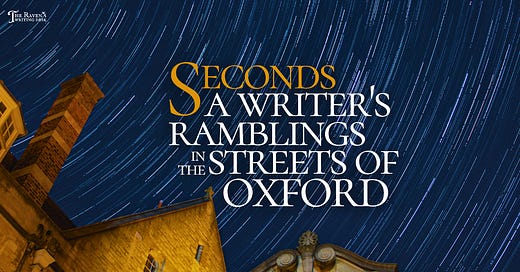


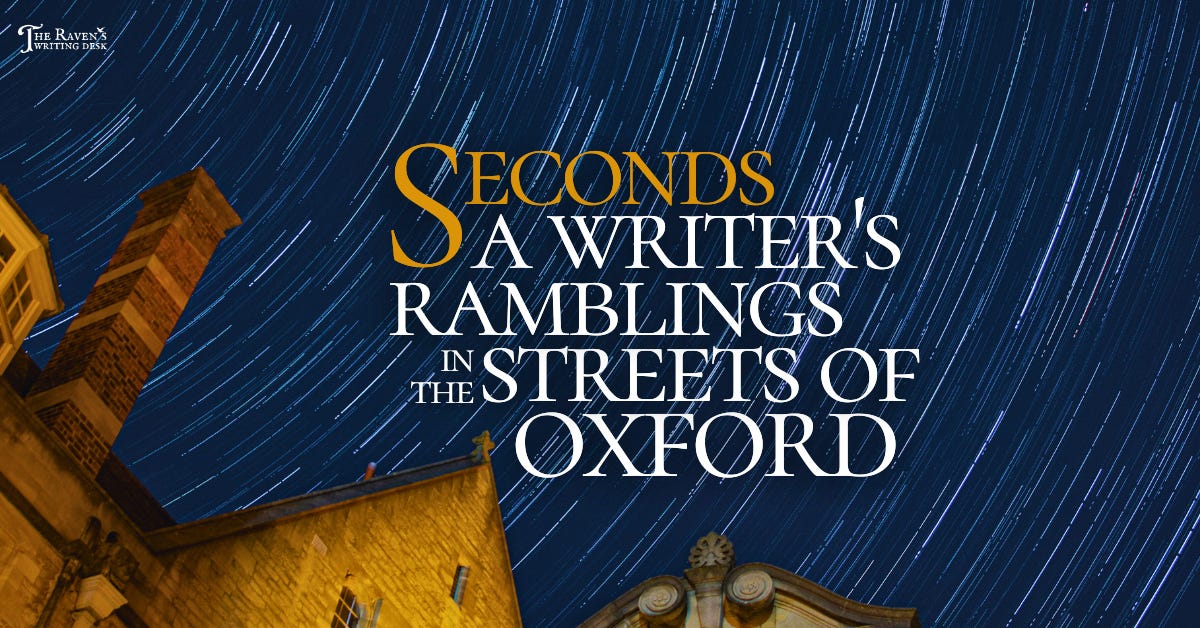




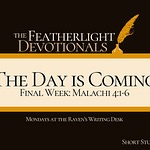
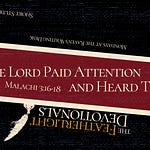
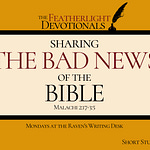
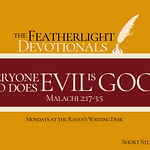
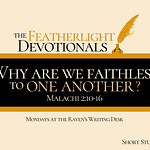
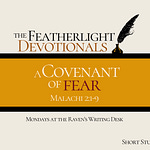
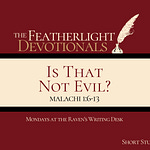
Share this post